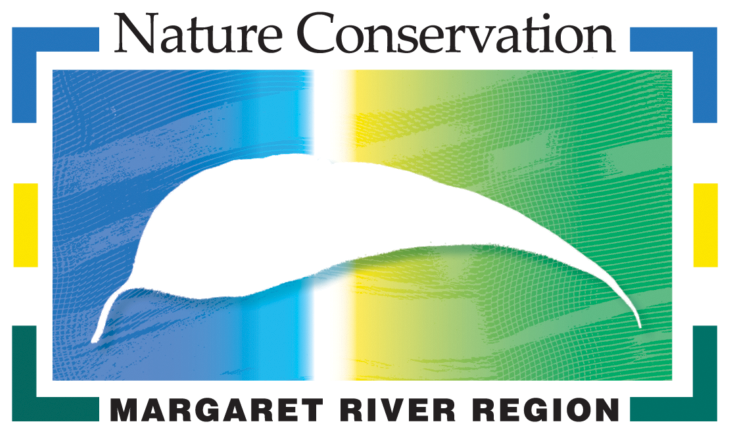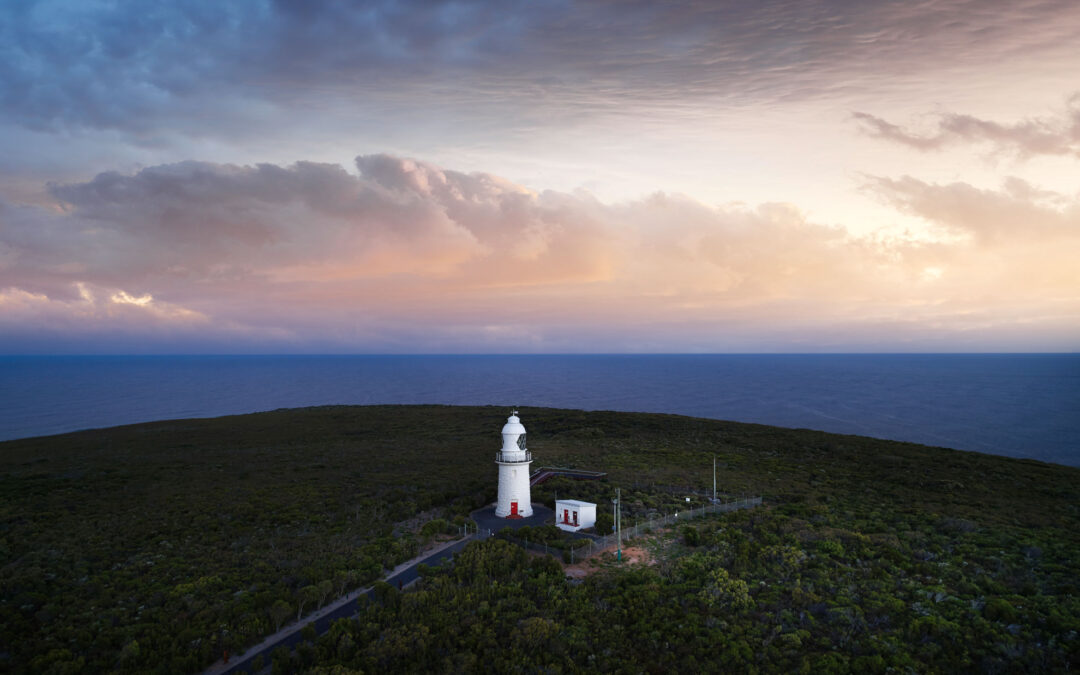Locals are invited to learn more about the incredible nature, geology, wildlife and flora of Cape Naturaliste at two free community sundowners later this month.
Both evening talks are led by experts in their fields and hosted by the Friends of Meelup, Cape Naturaliste Conservation Enterprise, Nature Conservation Margaret River Region, and the Yallingup Land Conservation District Committee.
The first is on the Leeuwin Naturaliste Region – Geology and Landforms with Michael Freeman, a retired geologist who worked for the Sate Geological Survey, at Caves House in Yallingup on Wednesday, January 29 from 5pm. Reserve your ticket HERE.
The second talk is titled Sandy Beaches – Playgrounds or Unique Ecosystems with Dr Anton McLachlan and will be held at Eagle Bay Hall on Thursday, January 30 from 5pm. Reserve your ticket HERE.
Light refreshments will be provided, and tickets are free but numbers are limited so registrations are essential. Friends of Meelup and Cape Naturaliste Conservation Enterprise spokesman Dr Bob Jarvis said both evenings would be a fascinating chance for locals to come and learn more about their unique and special backyard.
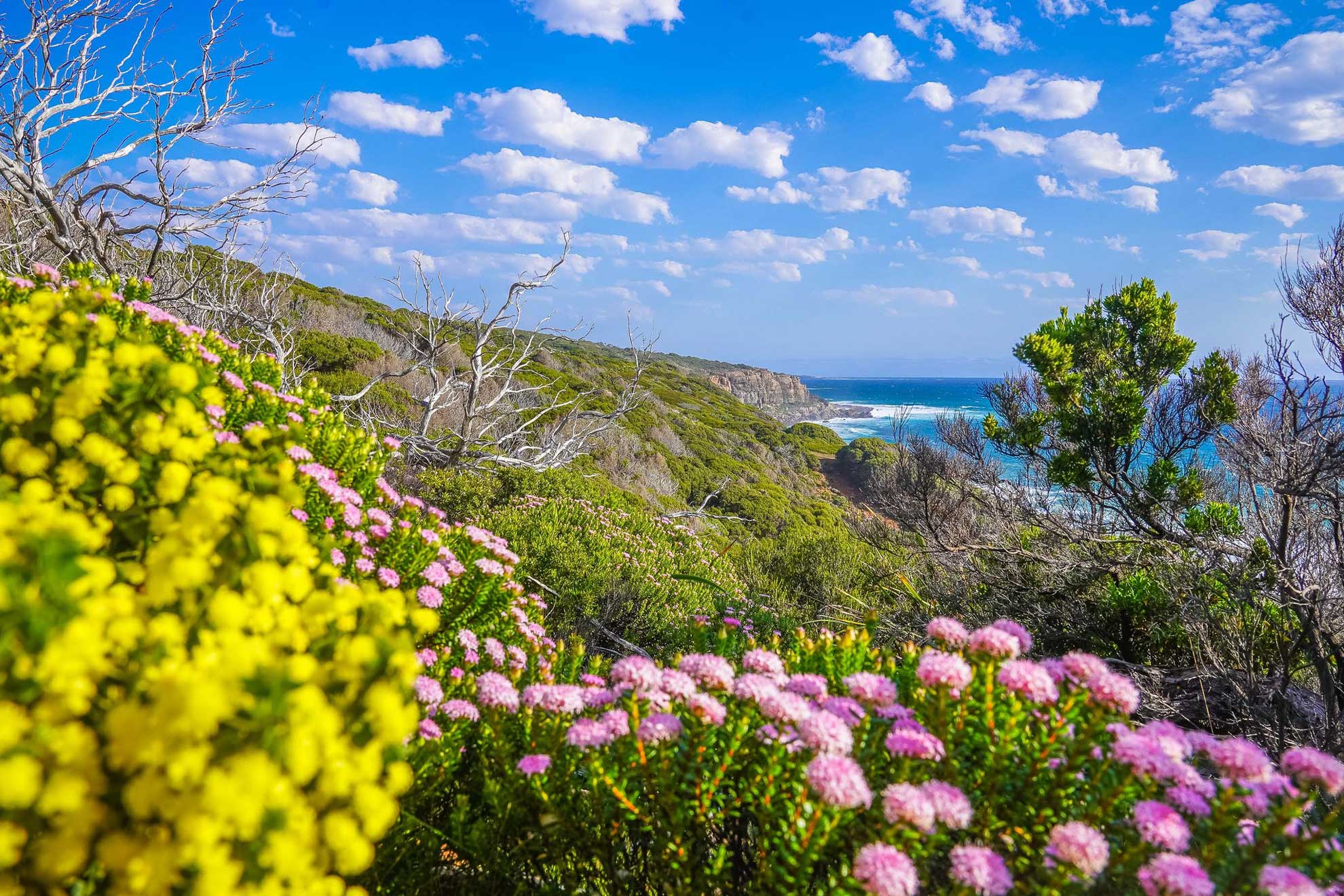
Dr Freeman said understanding Cape Naturaliste’s geology is the foundation for understanding the ecology of the area. “Geology and climate are two fundamental environmental sciences,” he said. “All living animals depend on plants or other animals, and plants depend on the soils and the water, which in turn depend on the rocks, the rainfall and what has happened to those things through geological time.”
Meanwhile, the sandy beaches talk is a chance to learn more about the ecosystem that many locals visit the most, from one of the leading ecological experts in the field. Dr Anton McLachlan has worked around the world and headed up multiple departments and research institutions, with more than 90 publications to date.
He will share his perspective on the role and function of beach ecosystems and their place in sandy coasts, situated as they are between dunes and surf zones. “This will include biodiversity patterns, food webs and nutrient cycling, as well as the interactions between people and beaches, and the issues confronting them in a time of sea level rises,” Dr McLachlan said.
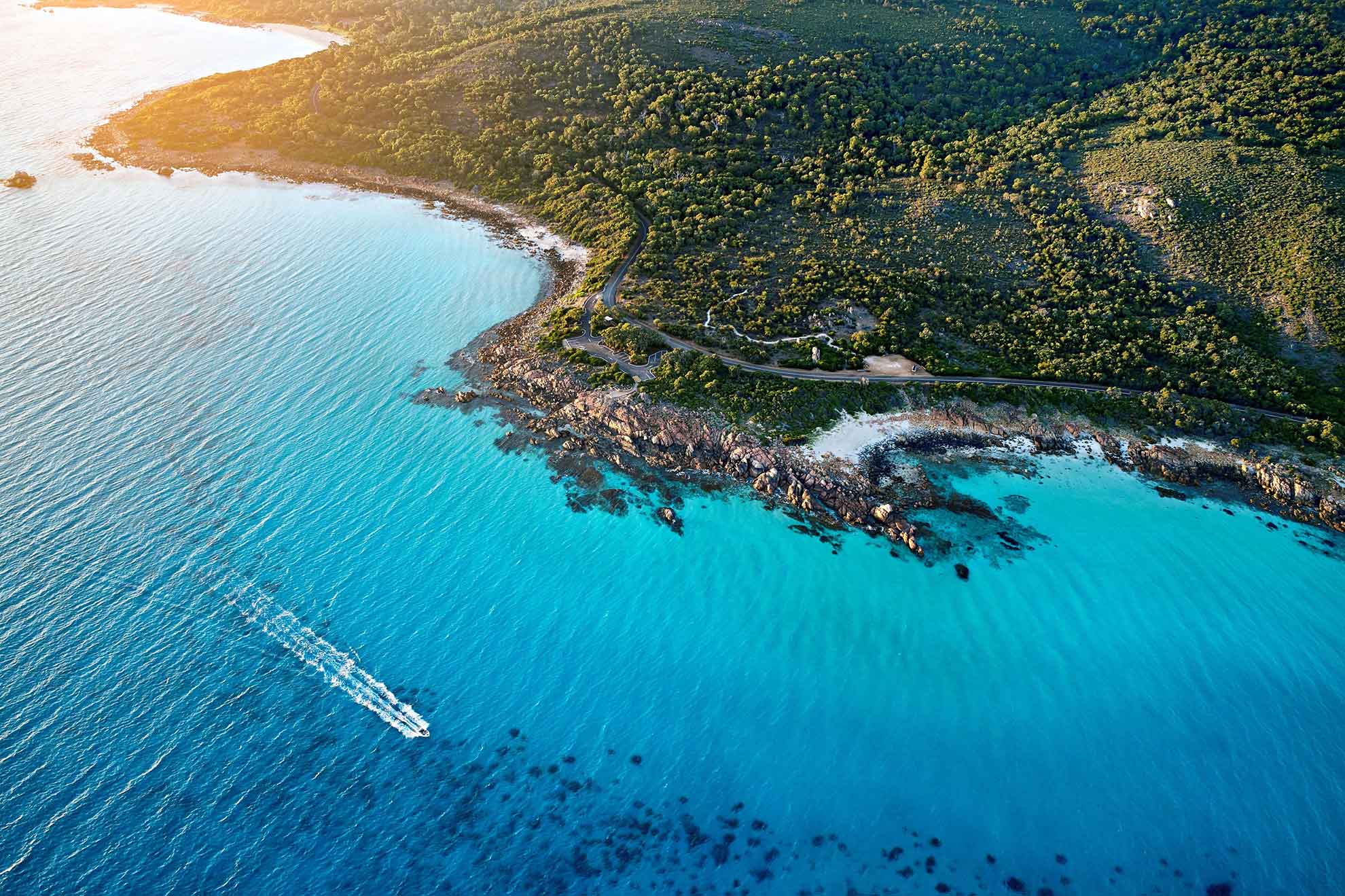
The two sundowners have been organised as part of the Cape Naturaliste Conservation Enterprise – an ambitious collaborative project involving weed and feral animal control, waterway and coastal restoration, boosting habitat and restoring the fragmented landscape across Cape Naturaliste. Local landholders, residents, farmers, businesses, Aboriginal custodians and visitors are all invited to play a role.
To deliver the project, the Friends have partnered with Nature Conservation Margaret River Region to deliver a collaborative landscape masterplan. It will guide on-ground action to protect and enhance the important natural resources of the area, along with an education and awareness raising program. More than half of the project area is privately owned land, so there will be extensive community consultation as well as workshops and subsidies to help landowners do their bit to boost biodiversity on their properties.
Also on board as key partners are the City of Busselton, Yallingup Landcare District Committee, the Department of Biodiversity, Conservation and Attractions, First Nations custodians and a range of other community groups. Line in the Sand philanthropic group have also contributed support for a feral animal study.
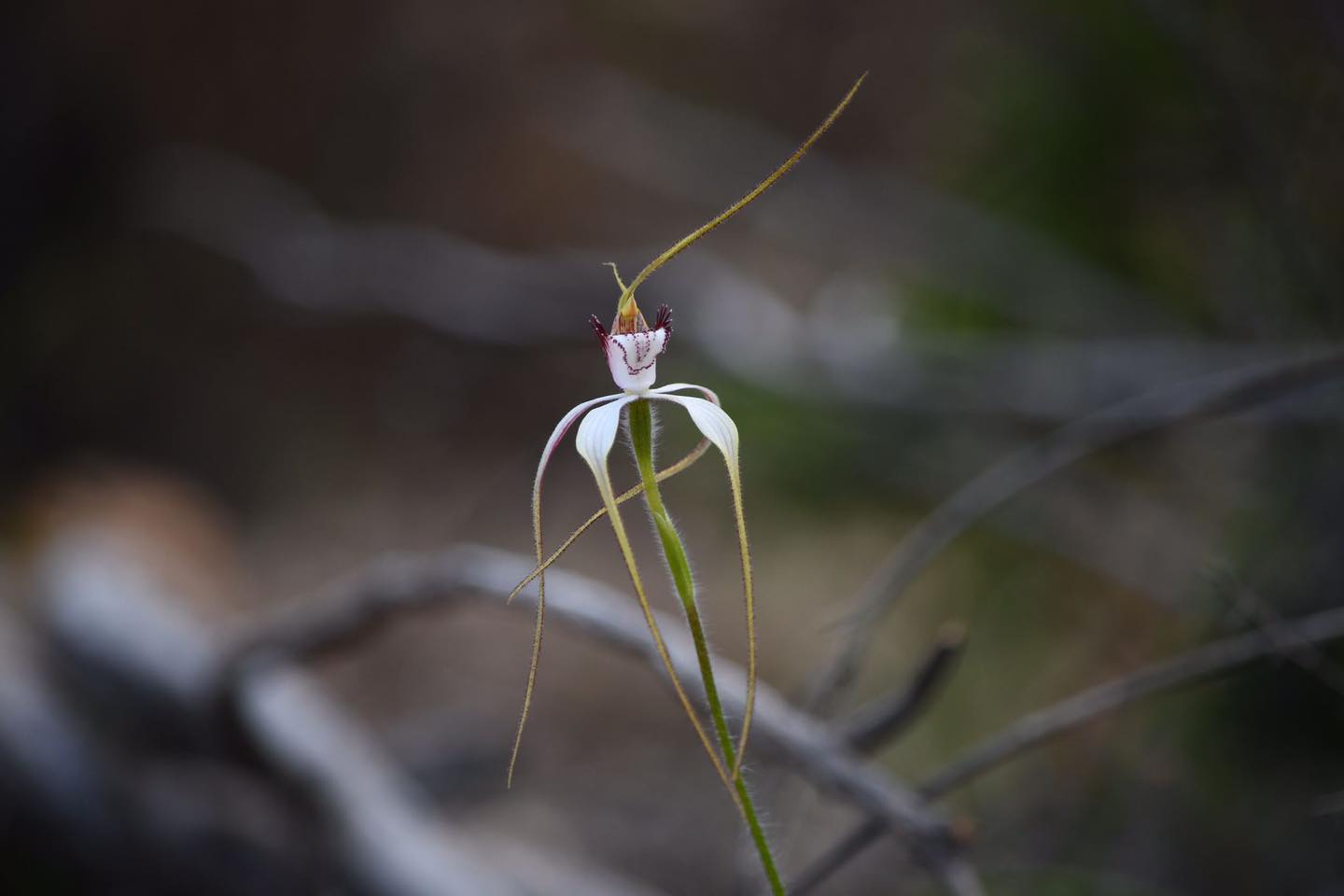
Cape Naturaliste is part of an internationally recognised biodiversity hotspot, bound by spectacular coastline and home to endemic and threatened flora and fauna, Wadandi heritage sites, the Meelup Regional Park, parts of the Leeuwin Naturaliste National Park and local government reserves. But it faces threats on all fronts, including invasive weeds, feral animals, plant pathogens such as dieback, population pressure, land clearing and development, increasing tourism and the threat of fire.
Nature Conservation biodiversity officer Mandy Polley is doing some of the on-ground work alongside the community groups. “Working with a passionate community of volunteers and other stakeholders is key to the success of this project, and we have a great group of enthusiastic people helping to drive this important initiative,” Mandy says.
